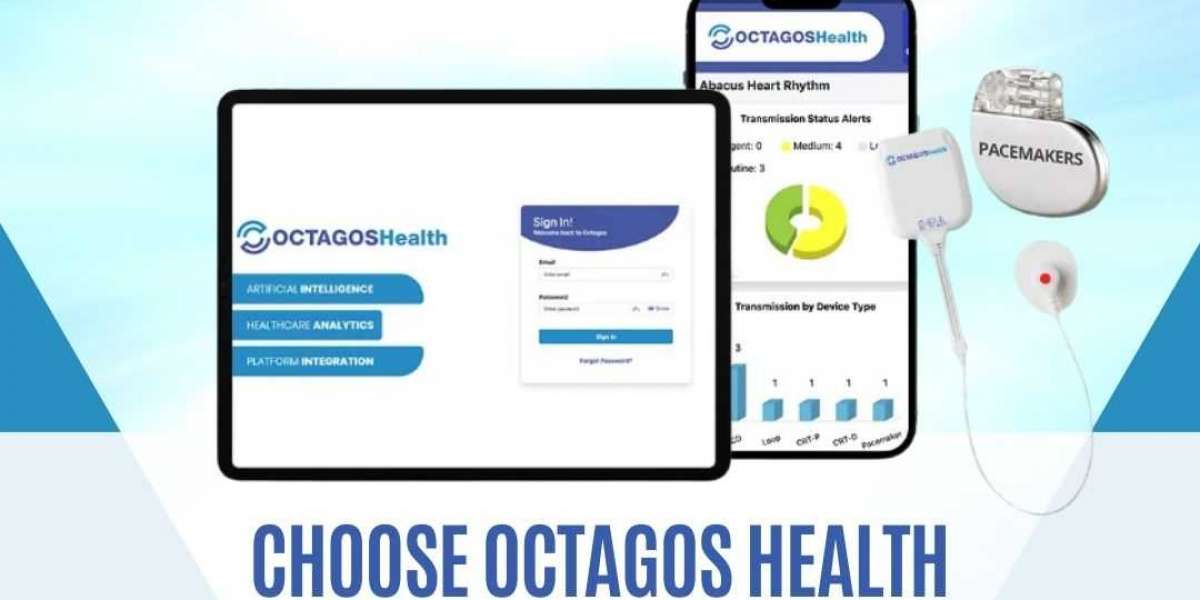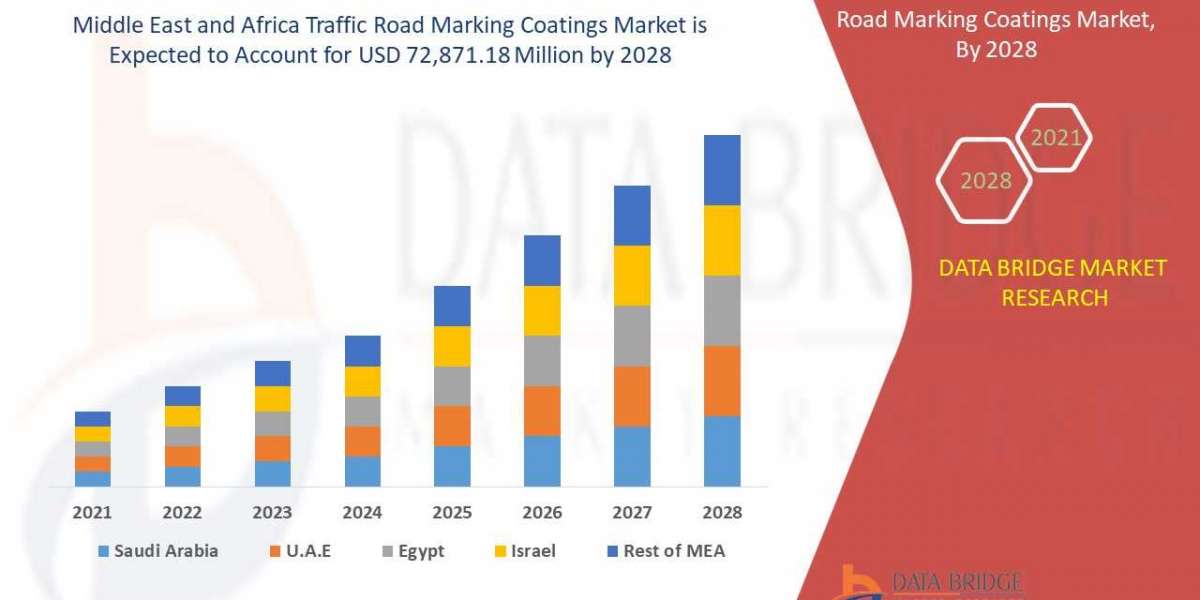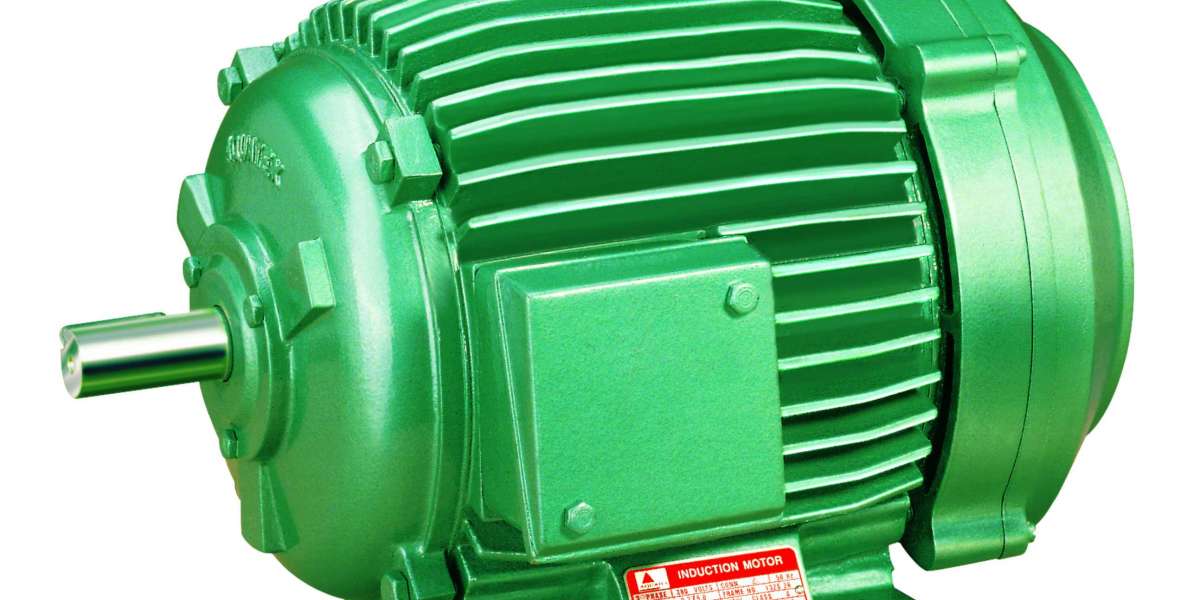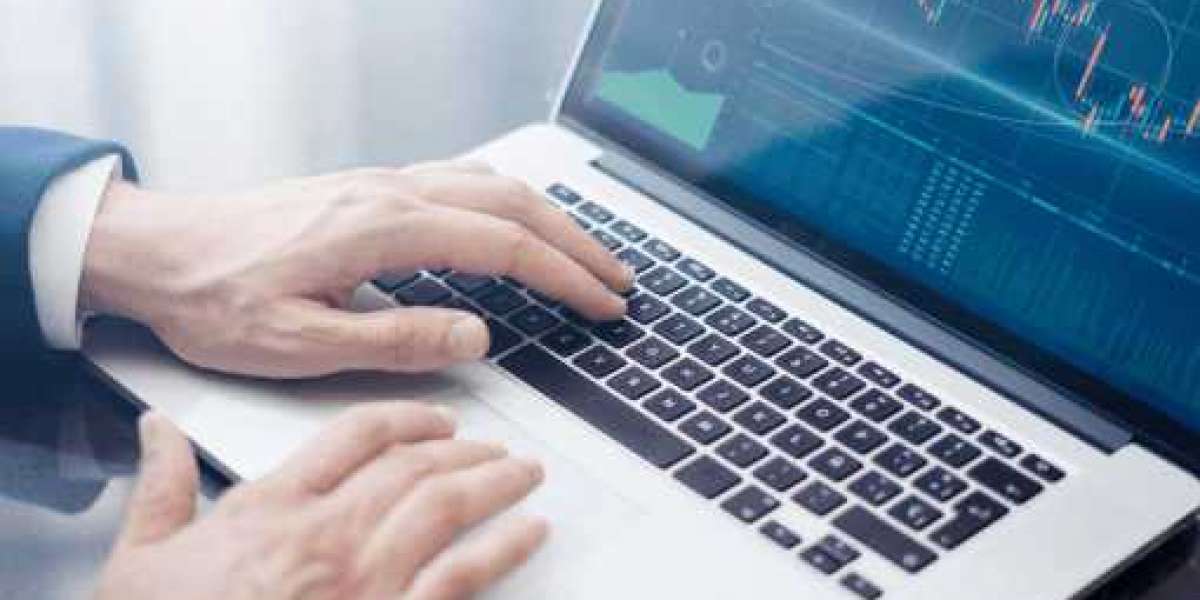Remote monitoring for heart failure patients has always been one of the favorite topics for most researchers and clinicians, especially post-COVID-19 pandemic. Remote cardiac monitoring refers to the use of various technologies to collect and transmit data on the cardiac function and status of patients with heart failure, heart rate, intracardiac and pulmonary artery pressures, weight, and symptoms. The goal of remote monitoring is to detect any early signs of worsening heart failure and intervene before the patient requires hospitalization or experiences other adverse outcomes.
It also Strengthens Relationships With And Improves The Patient Experience
Two-way communication is a key aspect of the patient-provider relationship. Despite its virtual nature, remote patient monitoring is a high-touch patient engagement strategy that provides more opportunities for meaningful dialogue between the care team and the patient, thus strengthening the relationship and improving patient satisfaction and loyalty. Remote monitoring offers patients a level of comfort that their clinician is constantly watching over them.
Empower patients To Better Manage Their Health in the better possible way.
Remote patient monitoring offers a way for patients and their caregivers to manage health issues and monitor chronic conditions from home easily. Patients take a more active role in overseeing their health by tracking symptoms, medications, and appointments. Through digital health monitoring devices, RPM helps closely monitor a range of symptoms and illnesses related to cardiac issues.
Why should patients with heart failures or problems consider remote monitoring?
Heart failure patients should take remote monitoring because it can help them manage their condition better and improve their outcomes. Remote monitoring can provide them with:
- Timely feedback on their cardiac function and status, which can help them adjust their medications, lifestyle, and self-care accordingly.
- Early detection of worsening heart failure, which can help them seek medical attention before they develop complications or need hospitalization.
- Enhanced communication with their health care provider, who can monitor their data remotely and provide them with guidance and support.
- Increased confidence and empowerment in managing their heart failure, which can improve their quality of life and satisfaction.
- However, remote monitoring is not a substitute for regular in-person visits with their health care provider or for seeking emergency care when needed. Remote monitoring is a tool that can complement their existing care plan and help them achieve their treatment goals.
For more information on remote cardiac monitoring devices, feel free to contact Octagos Health at (281) 769-8733. You can also drop by and visit us in person at 13325 Hargrave Rd Suite 281, Houston, TX 77070. We are located on the first floor of the Hargrave Plaza.








